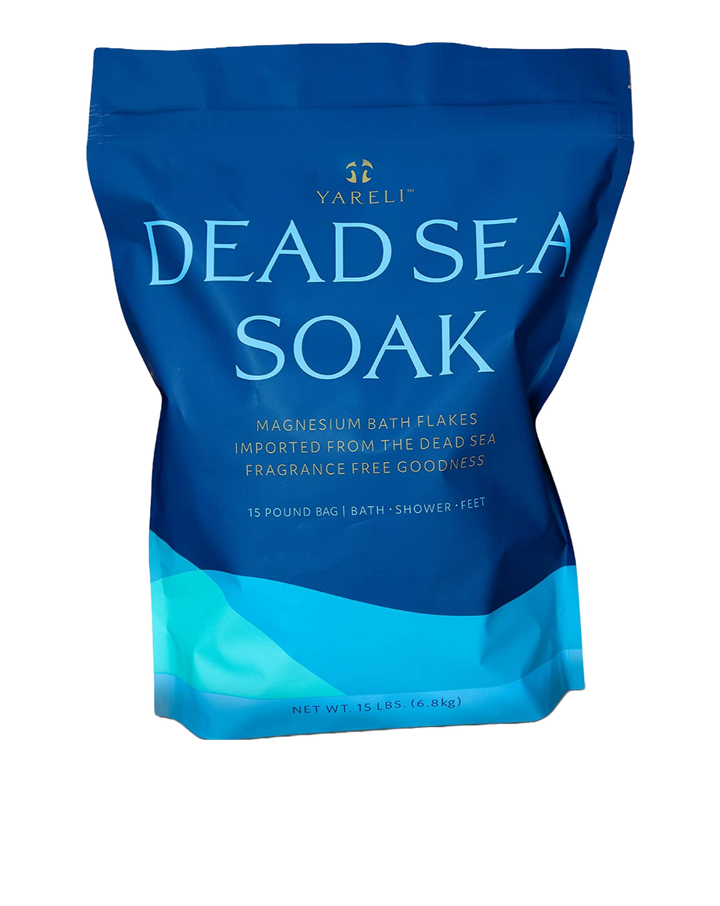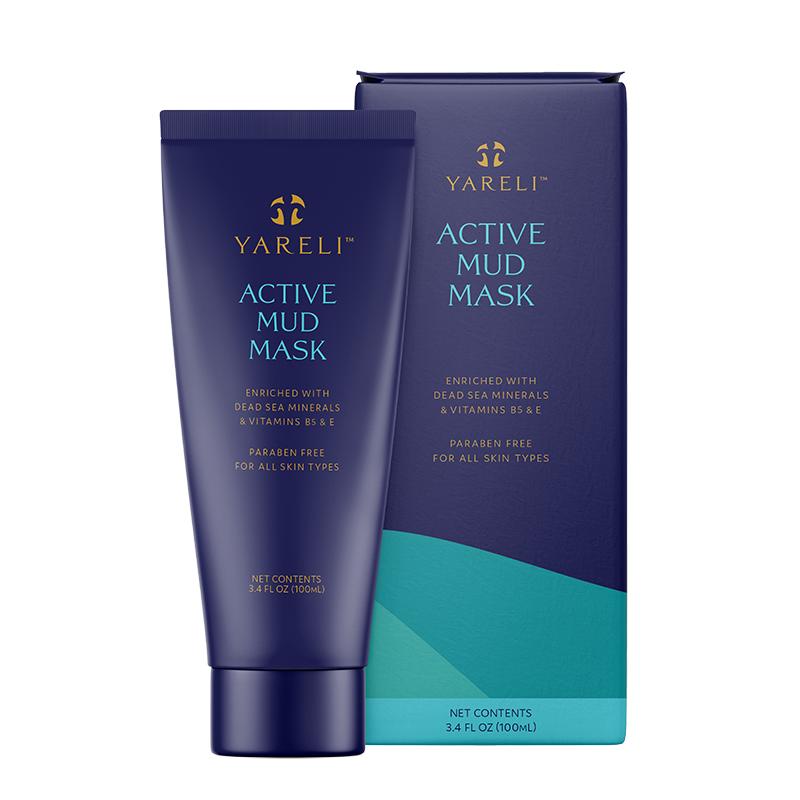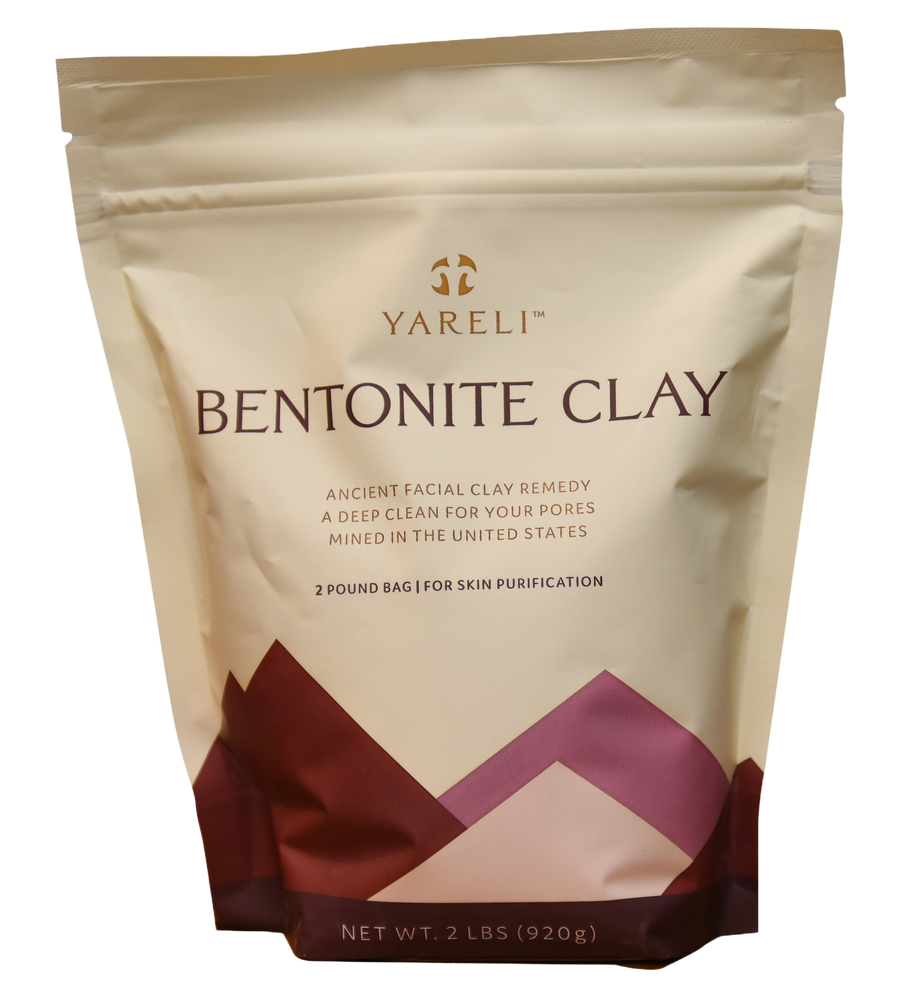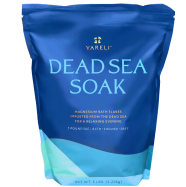What are Magnesium Flakes and Epsom Salts?
In the world of wellness and self-care, magnesium-based products like Epsom salts and magnesium flakes have gained popularity for their relaxation and therapeutic benefits.
While both are rich sources of magnesium, they differ in their chemical compositions and offer distinct advantages. Learn the unique differences between Epsom salts and magnesium flakes to make an informed choice based on your needs and preferences.
What are Epsom Salts?
Epsom salts are a familiar household item commonly used in baths for relaxation and muscle pain relief. Their chemical composition comprises magnesium sulfate, a combination of magnesium, sulfur, and oxygen. Epsom salts are recognized for promoting skin health, easing muscle tension, and alleviating stress.
What are Magnesium Flakes?
Magnesium flakes are a lesser-known form of magnesium but offer many benefits. The primary difference lies in their chemical composition, consisting of magnesium chloride. Magnesium from the Dead Sea is significantly different than ocean water. In addition to relaxation and muscle pain relief, magnesium flakes may improve sleep quality and alleviate anxiety.
Differences Between Epsom Salts and Magnesium Flakes
Chemical Composition: The fundamental distinction between these two forms of magnesium lies in their chemical makeup. Epsom salts contain magnesium sulfate, while magnesium flakes contain magnesium chloride.
- Magnesium sulfate is derived from minerals or rocks and can be synthetically produced.
- Magnesium chloride comes from seawater or underground brine deposits.
-
Magnesium chloride flakes are 100% pure magnesium chloride, containing about 47% elemental magnesium, so you get a higher dose with magnesium chloride than you would with Epsom salts.
Bioavailability: Magnesium chloride, found in magnesium flakes, has been shown to have a higher bioavailability than magnesium sulfate in Epsom salts. This means that magnesium chloride is more effectively absorbed by the body, allowing for better utilization of its therapeutic properties.
Benefits: While Epsom salts and magnesium flakes offer relaxation and muscle pain relief, magnesium flakes have a broader spectrum of benefits.
These may include improved sleep quality and anxiety relief, making them a preferred choice for individuals seeking additional therapeutic effects. Magnesium chloride is also potentially better for your skin, especially in people with dry skin conditions, eliminating redness, relieving inflammation, and hydrating the skin.
How to Use Magnesium Flakes and Epsom Salts
Magnesium flakes and Epsom salts are both used for:
Both Epsom salts and magnesium chloride flakes can be used in similar ways. But there are crucial differences:
- Epsom salts in your bath can remove your body’s natural oils, drying your skin, whereas magnesium chloride baths are more hydrating.
- Magnesium chloride flakes contains more magnesium per pound compared to epsom salt (magnesium sulfate)
- Because magnesium chloride is absorbed better, the results more intense and last longer than Epsom salts.
Bath Soak: The most popular method is to add magnesium flakes or Epsom salts to warm bathwater. The water will dissolve the flakes while the magnesium is absorbed through the skin.
Foot Soaks: For minor injuries or to relax your feet after a long day, you can dissolve magnesium flakes directly in a small foot bath for effective and quick relief.
Body Scrubs: Include magnesium flakes with essential oils and other ingredients to create a rejuvenating and exfoliating body scrub.
Compress: Magnesium flakes can be dissolved into warm water to create a compress that you can apply over sore and tender areas of your body for immediate relief. This allows the skin to absorb the minerals directly.
Magnesium flakes and Epsom salts are versatile in their use, so keep a bag of this therapeutic mineral on hand.
Which is Better?
Whether Epsom salts or magnesium flakes are better depends on your needs and preferences. If you're primarily seeking muscle relaxation and pain relief, Epsom salts may be sufficient. Magnesium flakes might be ideal if you desire a more comprehensive range of benefits and better bioavailability.
Can you mix Epsom Salts and Magnesium Flakes?
You can mix Epsom salts and magnesium chloride flakes to create a customized bath experience. Mixing them together will provide a blend of therapeutic properties.
When combining the two, you can enjoy the benefits of providing therapeutic relaxation, anxiety relief, and improved sleep. Be sure to allow them to dissolve completely in the water before entering to ensure even distribution and effective absorption.
Before beginning a new healthcare regimen, please consult your doctor if you suffer from chronic or severe migraines or underlying health conditions. Being better informed about the differences between magnesium flakes and Epsom salts will empower you to enhance your wellness journey and improve your overall quality of life.








